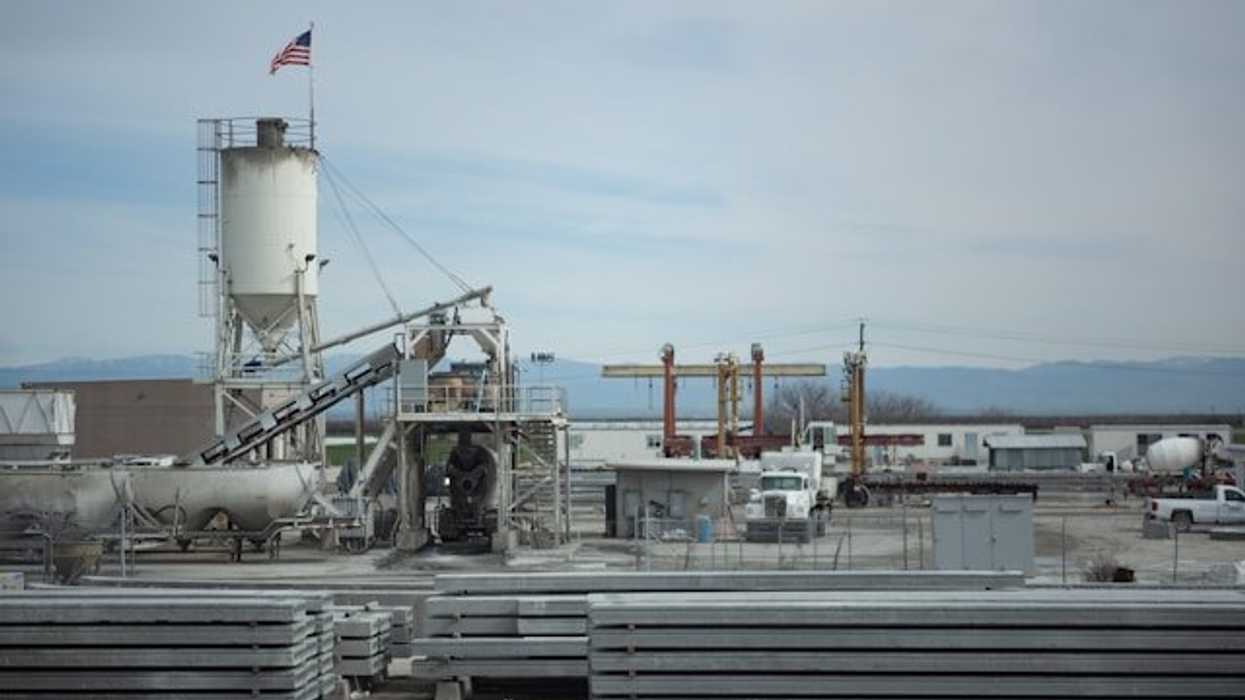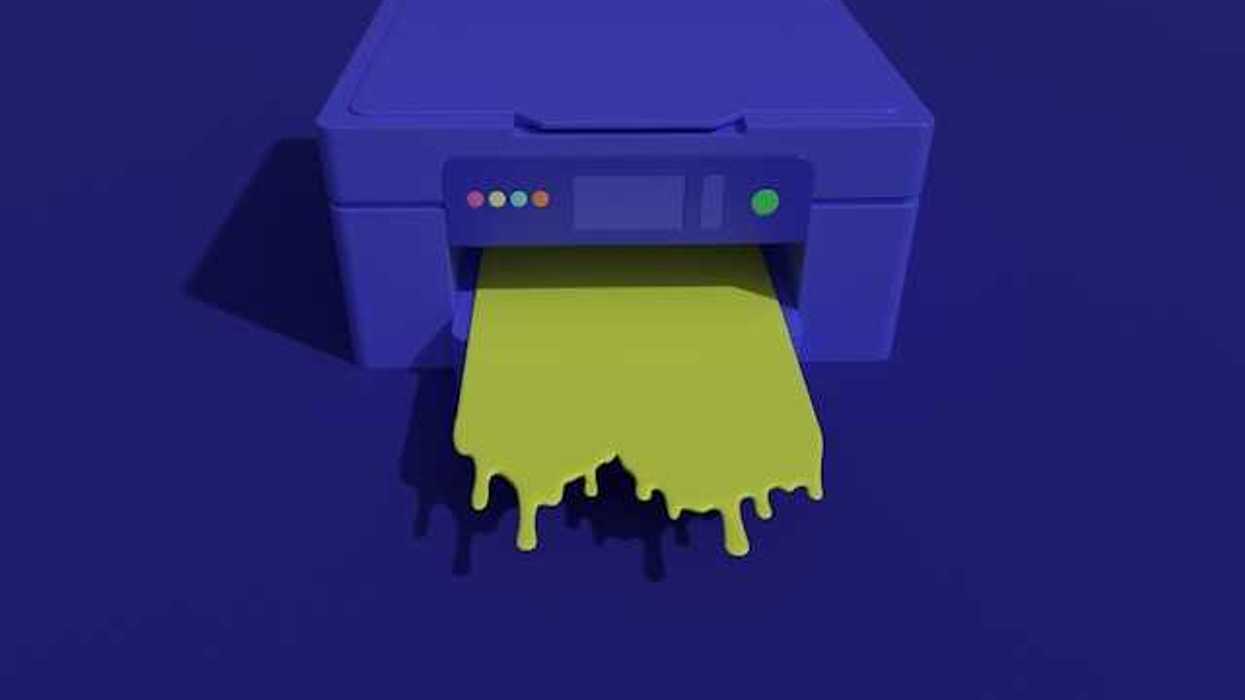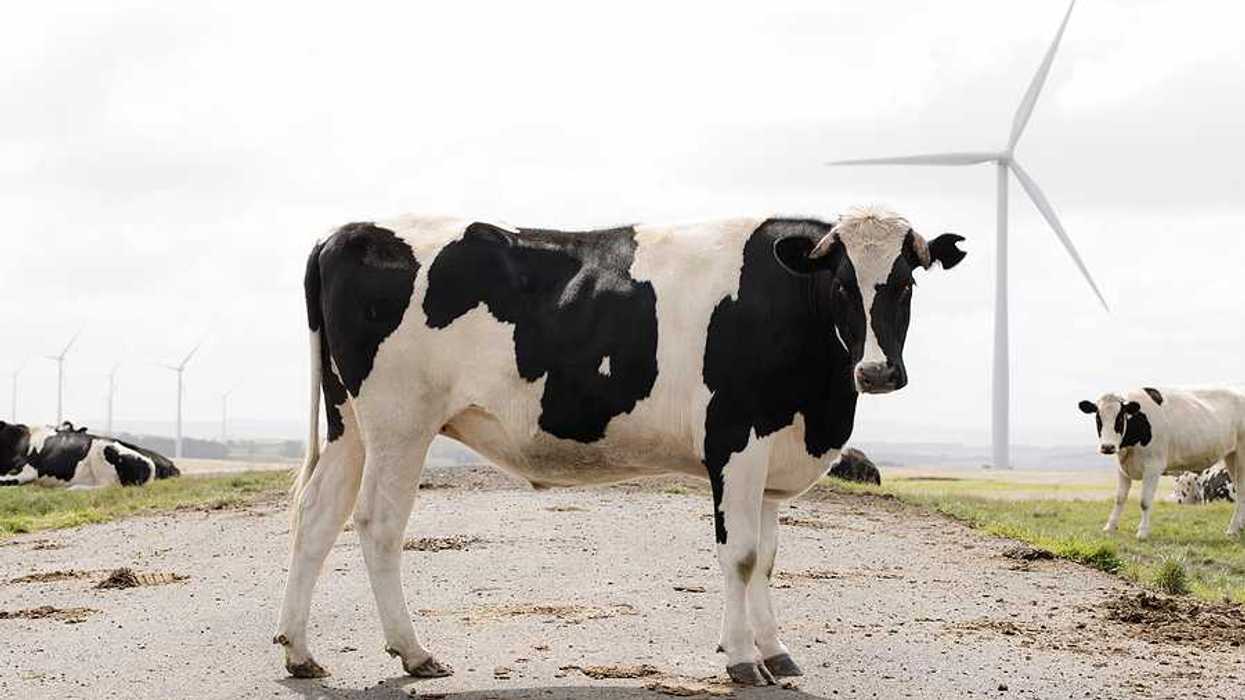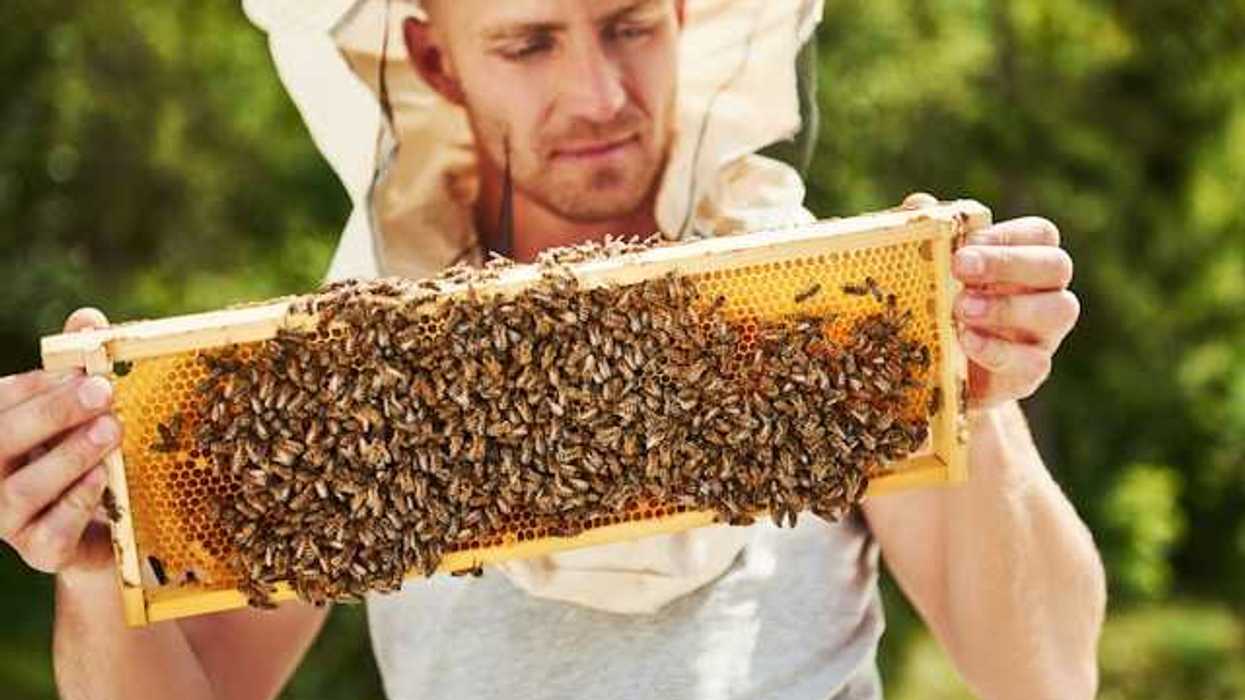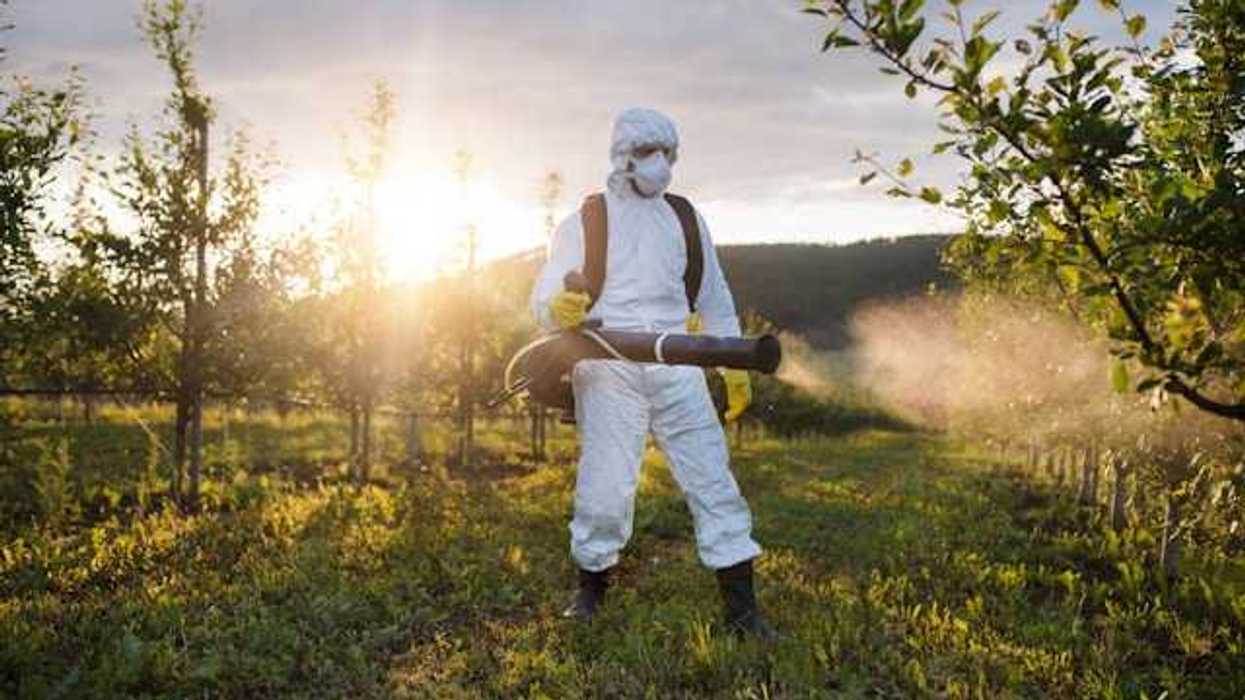The U.S. Environmental Protection Agency under President Trump has denied Louisville’s appeal to restore a canceled $1 million grant intended to fund air pollution research in the predominantly Black neighborhoods near the Louisville's Rubbertown industrial corridor.
Morgan Watkins reports for Louisville Public Media.
In short:
- The Trump administration’s EPA canceled a federal grant supporting a Louisville air monitoring project, citing a shift in agency priorities. The grant aimed to measure air toxics in neighborhoods near Rubbertown, an area with elevated cancer and asthma rates.
- The EPA dismissed claims that the funding cut was tied to Trump-era attacks on diversity, equity, and inclusion, even as internal documents showed the agency asked Louisville to revise language referencing racial demographics and historical inequities.
- Local leaders say the cancellation disrupts critical public health research and silences data that could link toxic emissions to illness, while a lawsuit is now underway to challenge the broader defunding of environmental justice grants.
Key quote:
“It angers me that they are not doing all that's possible to try and save us.”
— Rick Dulin, Shawnee resident and advocate
Why this matters:
West Louisville sits in the shadow of Rubbertown, a dense cluster of industrial plants long tied to poor air quality and health outcomes. The neighborhoods most exposed — predominantly Black and lower-income — face disproportionate rates of cancer and respiratory disease. Local and federal efforts to gather air quality data are vital in building the case for stronger regulation and accountability. When projects like this are scrapped, it leaves affected communities without clear evidence or support.
Read more: Lawmakers push bill limiting public air pollution evidence in Kentucky

